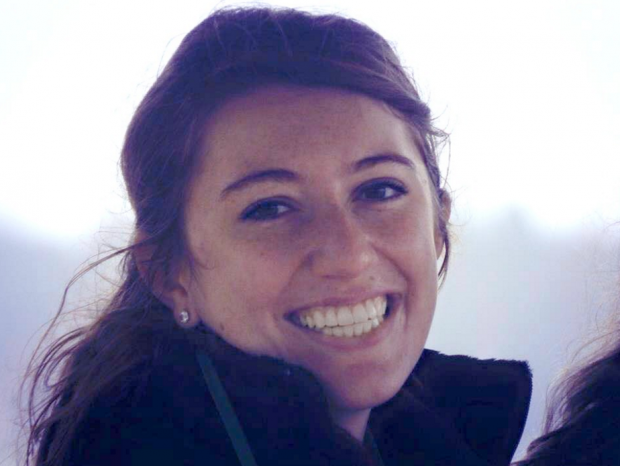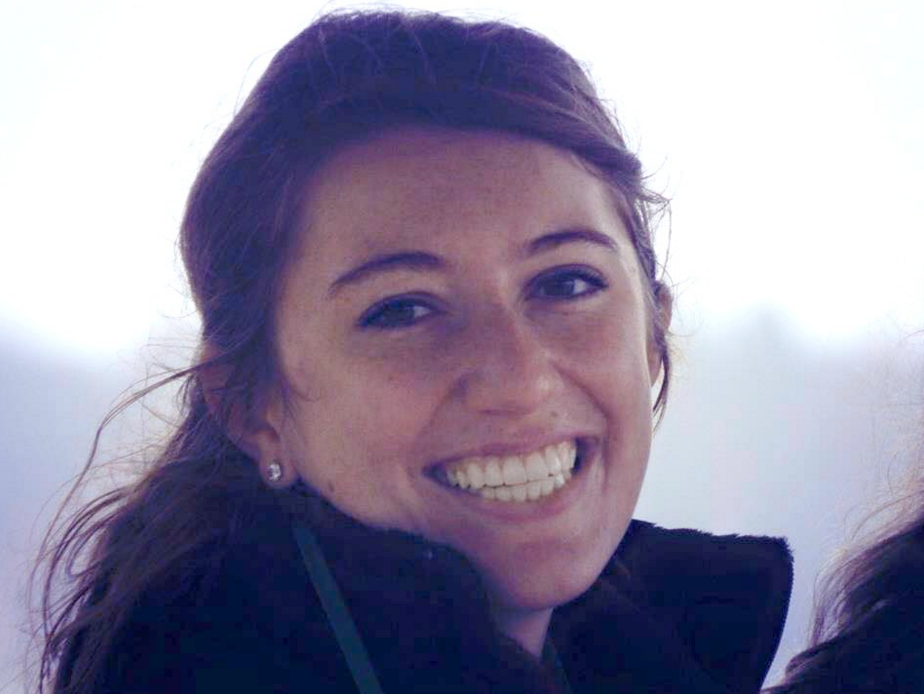
This November, college students won’t just be studying for midterms; they will be casting their votes for the next president of the U.S. However, research by St. Thomas junior Mallory Patrow shows that young voters are growing to distrust politicians.
As an individual research project for credit, Patrow has surveyed political science students, asking questions including a trust-based ranking from political figures to school board members to the U.S. representatives.
Angela High-Pippert, Patrow’s adviser and chair of the political science department, said political cynicism encompasses a number of attitudes.
“Political cynicism is really the idea of having a lack of political efficacy and not really feeling like your voice matters,” High-Pippert said. “Not thinking that it matters who wins an election, not really wanting to be a part of the political process.”
Patrow first decided to study the rise in student’s political cynicism while in High-Pippert’s American Political Behavior class.
“I found that there was a discrepancy between how students were describing what they look for in leaders and what they see in their current political leadership,” Patrow said. “Most of it (the research) has been done on adults, and it’s found that political cynicism is rooted before adulthood, and no one’s really looked to see when that is. So I’m trying to move it backward a step and see where mine ends up.”
Patrow has gathered data from political science classes on campus by handing out an anonymous survey.
“Just from the once or twice over that I’ve done, it’s different than what I thought it was going to be, which is why political science is so exciting,” Patrow said. “You study people, and when they deviate from what you think should happen, it just makes it all the more interesting.”
According to Patrow, when students ranked political figures, they ranked the U.S. Congress as the least trustworthy, which she said was “not surprising.”
Patrow, however, didn’t expect some of the other data results.
“I was surprised to see how many people didn’t trust their school board member. I was thinking that would be the most trusted one because it’s the most localized,” Patrow said.
With the importance of the youth vote, distrust of government institutions and politicians could have an impact on voter turnout. The 2016 presidential election is very telling of how cynical younger voters are of politicians, according to both Patrow and High-Pippert.
“This election cycle has a big effect on people’s outlook toward politicians in general,” Patrow said. “It’s really, really negative this cycle. I’m thinking I’ll see some of that through the data.”
Higher cynicism toward politics wasn’t always an issue for those in younger generations, according to High-Pippert.
“It’s a pretty damaging concept for a governmental system. It’s particularly damaging when you see young people with levels of political cynicism because that’s not what you would normally expect to find,” High-Pippert said. “You might expect that people become more cynical as they have been disappointed longer.”
As Patrow’s adviser, High-Pippert has provided guidance and support along the way.
“It’s like another whole language to learn, and she did an amazing job navigating that whole process. I stepped in and helped where I could, but I didn’t have to start from scratch because she had done a lot of work,” High-Pippert said.
Patrow plans to continue this study into next year, when she will survey political science students at Gustavus Adolphus College.
“I think what will be interesting is if there’s a really large difference between the St. Thomas findings that are collected and Gustavus in the fall. It’ll be all heightened-up in the fall because of the difference between the primary and the general election,” High-Pippert said. “I would expect to see some differences there that are not really due to the campus differences but the timing of the survey.”
Patrow will also present her research at the Minnesota Political Science Association conference at St. Thomas in the fall.
“It is so much harder than I had anticipated,” Patrow said. “It’s a lot of work, but I also think it’s going to be the most rewarding experience I have from St. Thomas.”
Maya Shelton-Davies can be reached at shel1181@stthomas.edu.

